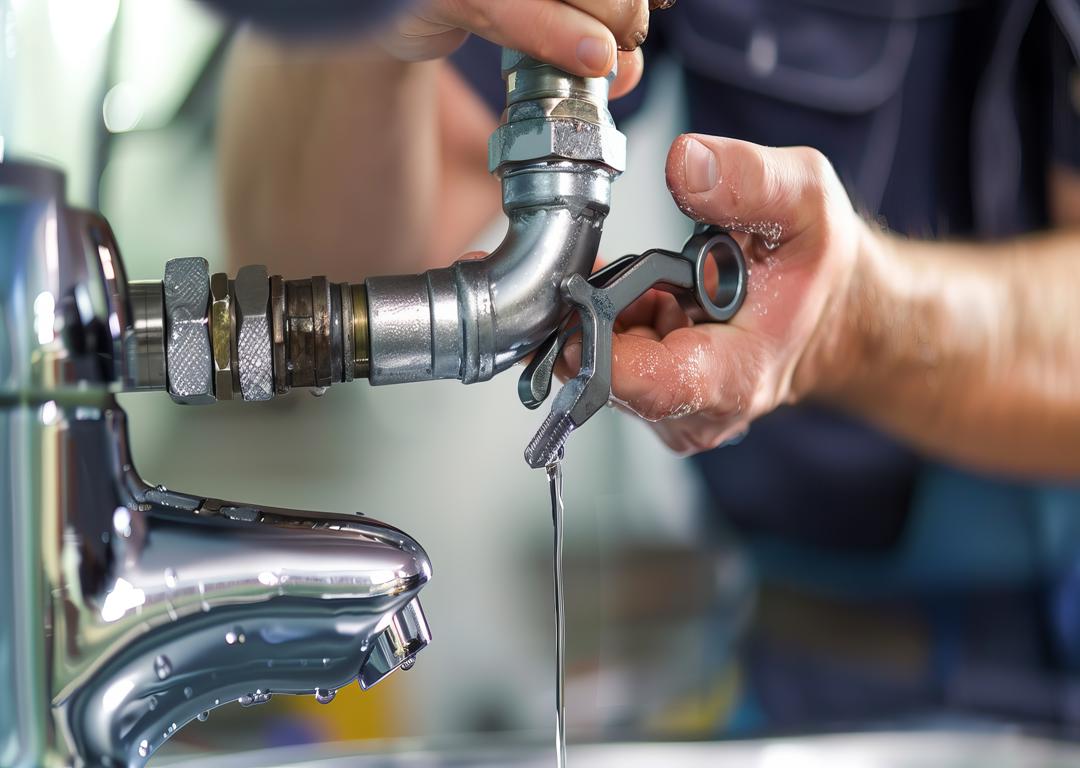
As the leaves begin to change and temperatures start to drop in Boise, it’s essential to prepare your plumbing system for the colder months ahead. Taking proactive steps now can prevent costly repairs and ensure your home remains comfortable throughout the fall and winter. Proficient Plumbing Service offers these comprehensive tips to help you get your plumbing ready for the fall season.
Inspect and Insulate Pipes
One of the primary concerns during colder weather is the risk of pipes freezing and bursting. To prevent this, inspect and insulate your pipes.
Begin by examining all exposed pipes in unheated areas, such as basements, garages, attics, and crawl spaces. Look for any signs of wear, leaks, or damage. Insulating these pipes with foam insulation sleeves or wrapping them with heat tape can provide an extra layer of protection against freezing temperatures.
Check for Leaks
Undetected leaks can become significant issues when the temperature drops. Perform a thorough inspection of your plumbing system to identify and fix any leaks.
Check under sinks, around toilets, and near water heaters for any signs of moisture or puddles. Pay attention to your water bill as well; a sudden increase might indicate a hidden leak. If you find any leaks, repair them promptly to prevent further damage.
Drain and Shut Off Outdoor Faucets
Water left in outdoor faucets and hoses can freeze, causing the pipes to expand and potentially burst. To avoid this, drain and shut off all outdoor faucets.
Disconnect and store garden hoses. Locate the shutoff valves for outdoor faucets inside your home and turn them off. Open the outdoor faucets to allow any remaining water to drain out completely. Consider installing frost-free spigots if your home is prone to freezing temperatures.
Service Your Water Heater
Your water heater works harder during the colder months, making it crucial to ensure it’s in good condition. Regular maintenance can improve its efficiency and extend its lifespan.
Flush the tank to remove any sediment buildup, which can reduce heating efficiency and cause damage over time. Check the temperature setting and adjust it to 120°F to prevent scalding and save energy. Inspect the anode rod and replace it if it’s corroded to prevent tank corrosion. If your water heater is over ten years old or shows signs of wear, consider replacing it before winter.
Inspect Sump Pumps
A functioning sump pump is essential for preventing basement flooding, especially during heavy fall rains. Ensure your sump pump is in good working order before the wet season begins.
Test the sump pump by pouring a bucket of water into the sump pit. The pump should activate and remove the water quickly. Check the discharge line to ensure it’s clear of obstructions and directs water away from your home’s foundation.
Clean Gutters and Downspouts
Clogged gutters and downspouts can cause water to overflow and pool around your home’s foundation, leading to potential water damage and basement flooding. Keeping them clean is crucial for proper water drainage.
Remove leaves, twigs, and debris from gutters and downspouts. Ensure the downspouts direct water at least three to four feet away from your home’s foundation. Consider installing gutter guards to prevent debris buildup throughout the fall.
Seal Gaps and Cracks
Cold air can enter your home through gaps and cracks around pipes, leading to frozen pipes and higher heating bills. Sealing these gaps helps maintain your home’s warmth and protect your plumbing.
Inspect areas where pipes enter your home, such as walls and floors, for gaps or cracks. Use caulk or expanding foam to seal these openings. Additionally, check for drafts around windows and doors and seal them to improve your home’s energy efficiency.
Prepare for Emergencies
Despite your best efforts, plumbing emergencies can still occur. Being prepared can help you handle any situation quickly and effectively.
Ensure you know the location of your main water shutoff valve and how to turn it off in case of an emergency. Keep a list of emergency contacts, including your local plumber, handy. Consider having a basic plumbing repair kit on hand, including tools and supplies for temporary fixes until professional help arrives.
Schedule a Professional Inspection
While DIY maintenance is essential, having a professional plumber inspect your system can provide peace of mind and catch potential issues you might miss. Proficient Plumbing Service offers comprehensive plumbing inspections to ensure your system is ready for fall and winter.
A professional inspection includes checking for leaks, inspecting water heaters, evaluating sump pumps, and ensuring all pipes are adequately insulated. Professional plumbers can also provide recommendations for any necessary repairs or upgrades.
By following these tips and taking proactive steps, you can ensure your plumbing system is well-prepared for the colder months. Preventative maintenance helps avoid costly repairs, ensures a comfortable home, and provides peace of mind.
If you need assistance with preparing your plumbing for fall, contact Proficient Plumbing Service in Boise. Our expert team is here to help with inspections, repairs, and maintenance to keep your plumbing system running smoothly. Visit our website or call us today to schedule an appointment.


